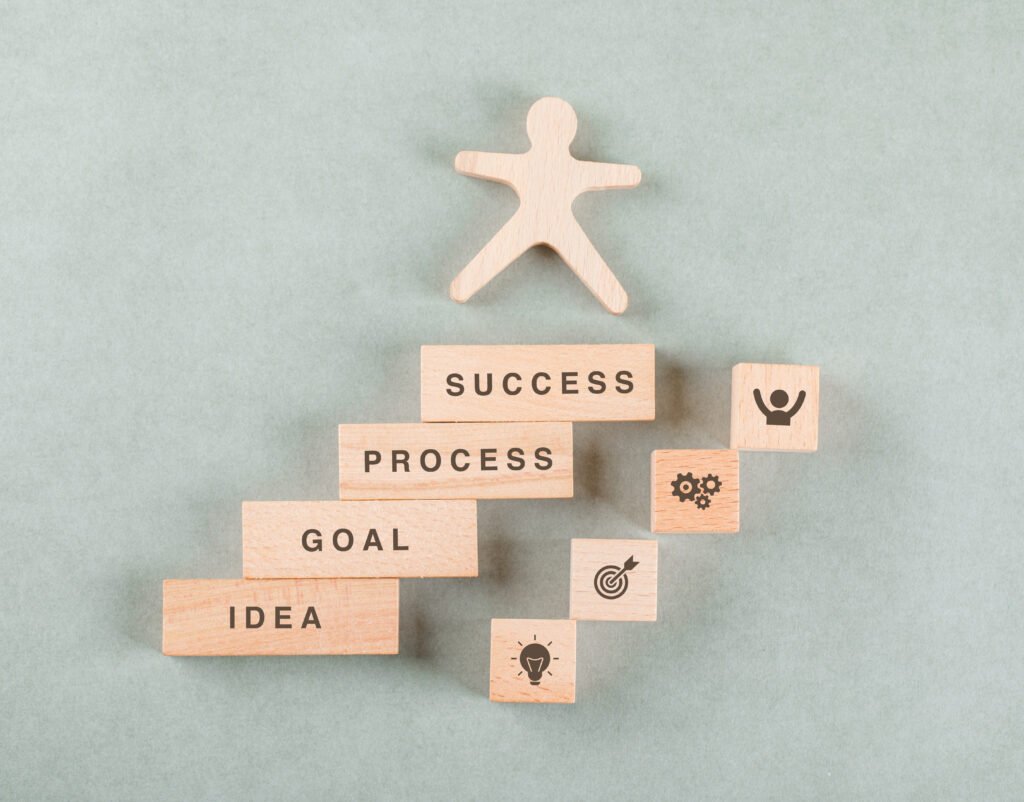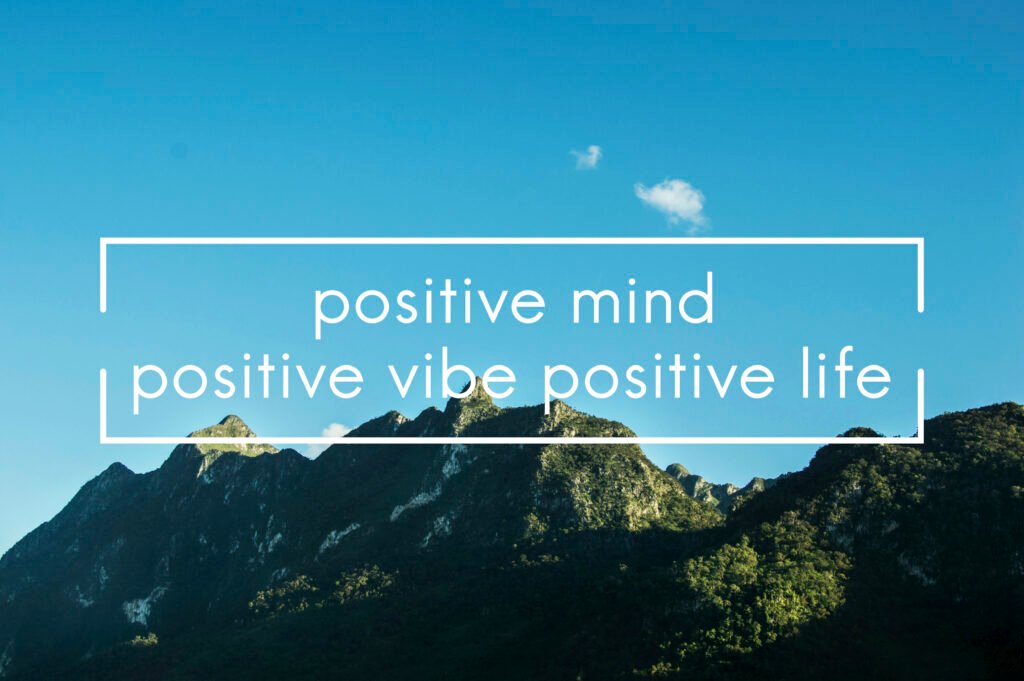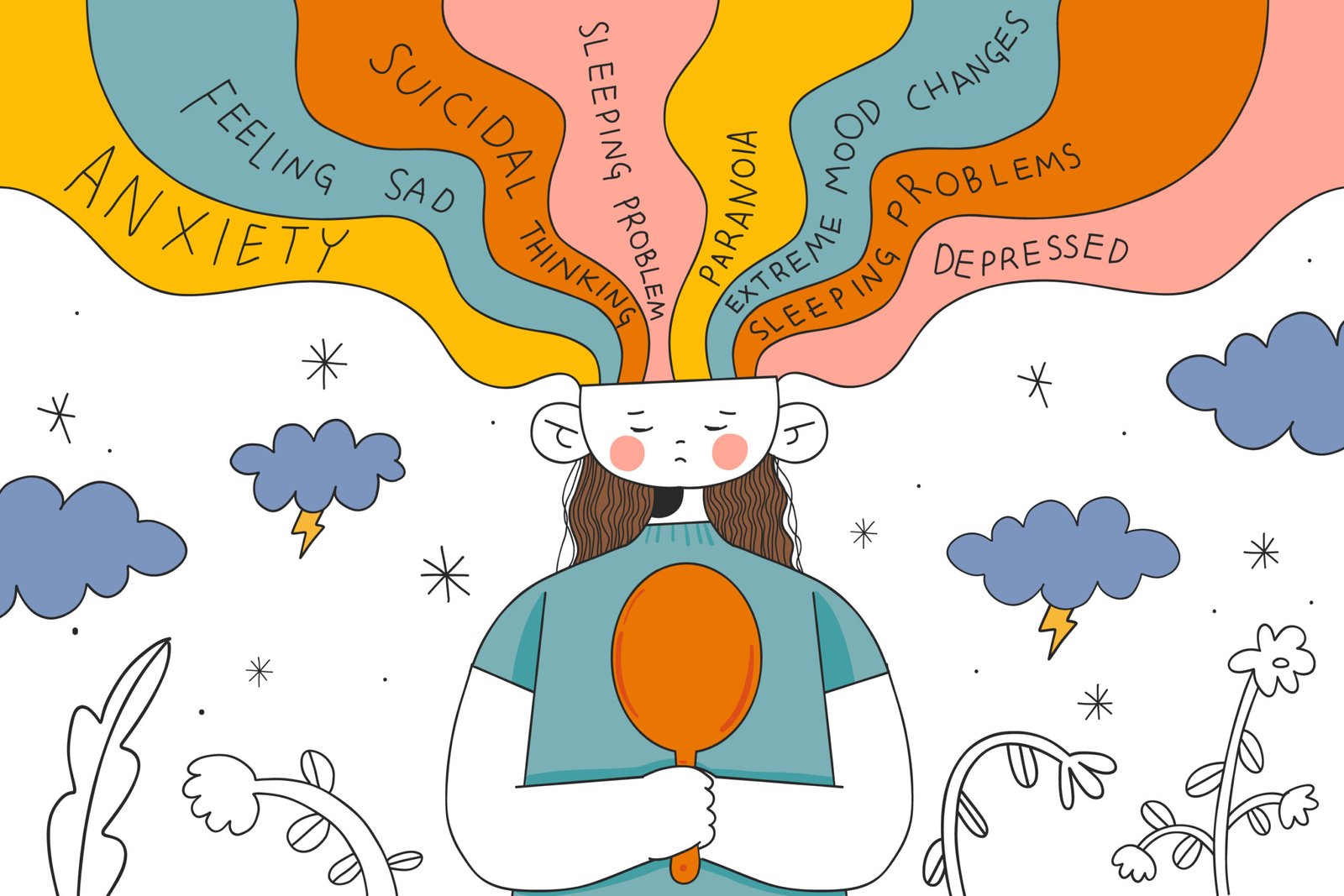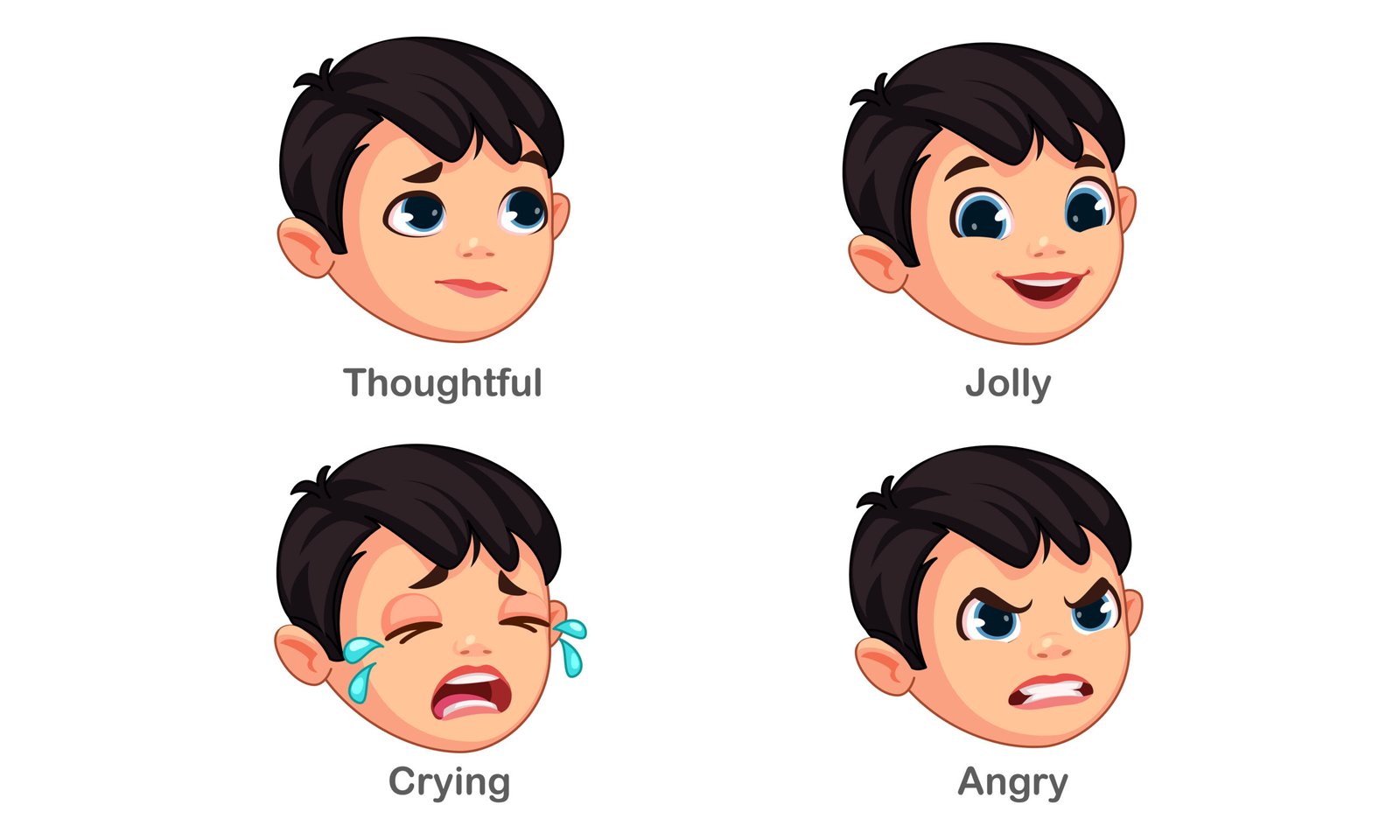Now Reading: Self-Discovery: 7 Life-Changing Steps to Start Your Journey
-
01
Self-Discovery: 7 Life-Changing Steps to Start Your Journey
Self-Discovery: 7 Life-Changing Steps to Start Your Journey
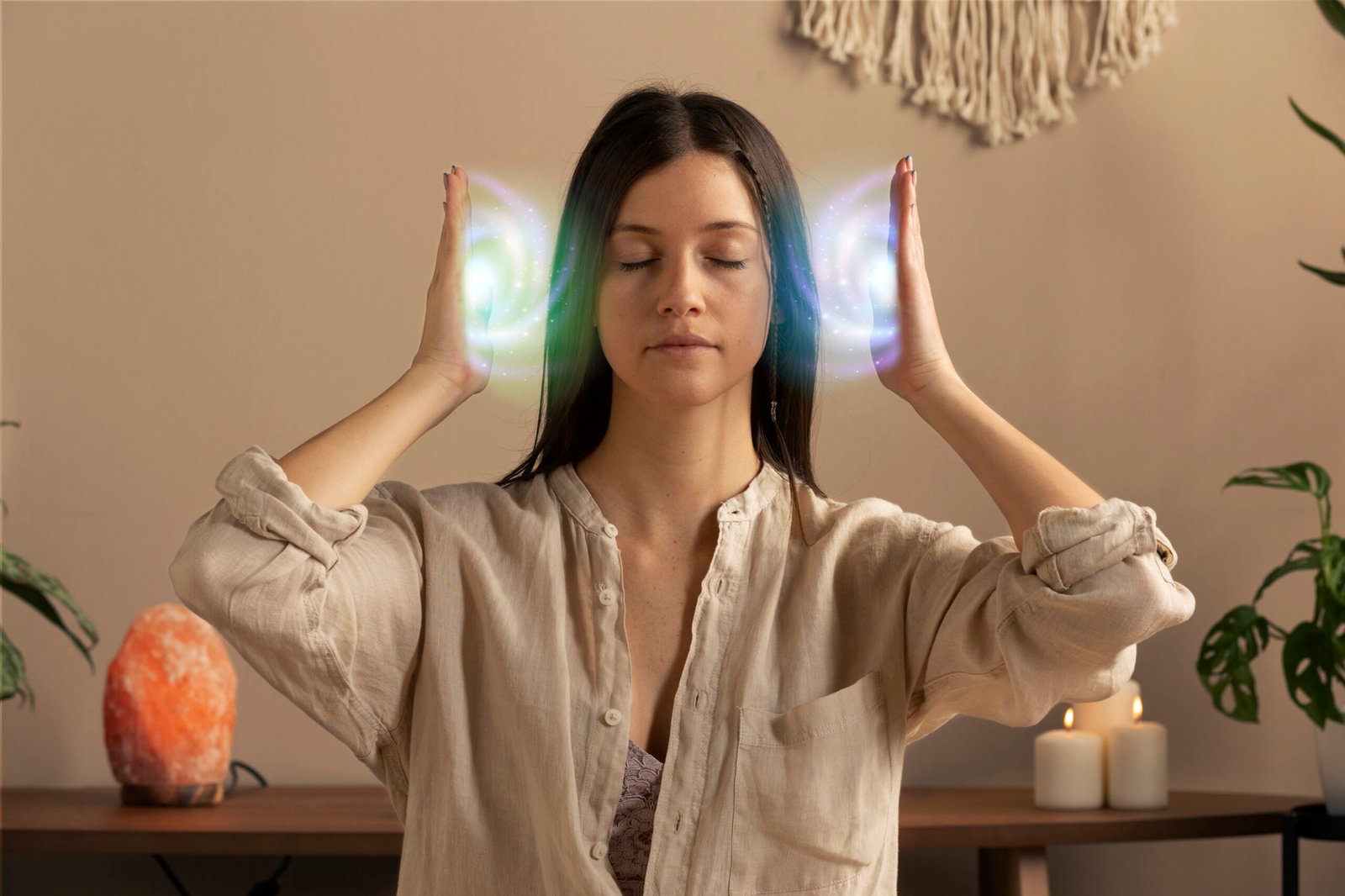
7 Life-Changing Steps to Start Your Journey of Self-Discovery
Self-discovery is not just a buzzword. We live in a high-speed, distracting world where it’s simple to forget about our true selves. We balance work, family responsibilities, social life, and nonstop lists, yet many of us somewhere along the line stop and wonder: “Am I really living in ways that are aligned with myself?”
That’s where self-discovery comes in. Self-discovery is not just a buzzword; it’s the process of discovering your values, passions, strengths, and genuine purpose. It’s about learning not just who you are, but why you’re you — and how you can live more authentically.
As you embark on this journey, you start to experience:
- Increased self-awareness
- Emotional balance and resilience
- Healthier relationships
- More deliberate decisions
- A feeling of purpose and fulfillment
This article will walk you through the heart of self-discovery, why it’s important, and seven life-changing steps to get you started. Along the way, I’ll share insights, real-world tools, and a personal reminder that self-discovery isn’t a fixed state — it’s an unfolding journey that continues throughout your life.
What Is Self-Discovery?
At its core, self-discovery is the act of delving into your inner life — your thoughts, feelings, beliefs, patterns, and secret longings. It’s about stripping away the layers of social programming, outside expectations, and outdated identities to rediscover your authentic self.
Imagine it like holding a mirror up, not to your body, but to your soul. It takes asking questions such as:
- What do I really value in life?
- What brings me happiness and vitality?
- What habits trap me?
- Who am I when nobody is watching?
Unlike life hacks or quick fixes, self-discovery takes patience, integrity, and introspection. It’s not about transforming into someone new but recalling who you’ve always been despite the noise.
Why Self-Discovery Matters
Self-discovery is more than just an “inner hobby.” It’s a life-altering process that impacts every aspect of your life.
Here’s why it matters:
- Decisions with Clarity – When you understand your values, you begin to make choices no longer for the sake of others but for what feels real for you.
- Emotional Equilibrium – Through awareness of your triggers and patterns, you have the ability to respond rather than react.
- Deeper Relationships – When you bring your authentic self to the world, you relate with other people more deeply and honestly.
- Freedom from Expectations – Self-discovery helps you let go of the pressure of living up to society’s definitions of success.
- Fulfillment & Purpose – Life becomes more meaningful when what you do is a reflection of who you are.
Ultimately, self-discovery is the building block of personal growth. Without it, we risk living someone else’s life instead of living our own.
7 Transformative Steps to Begin Your Self-Discovery Journey
You don’t have to wait for a catastrophic life crisis to embark on self-discovery. It can start with small, conscious steps. Below are seven potent practices to lead you:
1. Maintain a “Truth Journal”
Journaling is the easiest yet most potent tool for self-discovery. Record every day about:
- What thrills you
- What sucks the energy out of you
- What values feel the most vital
- What fears or doubts keep cropping up
- With time, your patterns emerge, and you discover your true self. The only important thing to do is to write truthfully and without judgment.
2. Practice Mindfulness & Meditation
As you silence external distractions, you hear your inner voice more distinctly. Basic mindfulness practices such as deep breathing, meditation, or even walking mindfully can assist in reconnecting with yourself in the here and now.
Mindfulness leads you to see your thoughts and emotions without calling them good or bad — a crucial ability in self-discovery.
3. Ask Yourself Big Questions
Self-discovery relies on curiosity. Go ahead and ask:
- What makes me happy?
- What successes felt empty, and why so?
- What am I afraid to acknowledge to myself?
- If I were not scared, what would I do?
The responses won’t be instantaneous, but questioning these regularly starts to remove layers of reality.
4. Ask for Honest Feedback
Often, those around us see patterns we don’t. Ask a good friend, mentor, or relative: “What do you think are my strengths? What do you think is stopping me?”
Though their responses shouldn’t become your identity, they can offer great insights into blind spots.
5. Experiment with New Things
Self-discovery often happens outside your comfort zone. Explore new hobbies, travel, read different genres, or meet people with diverse perspectives. Each new experience reveals more about your interests, limits, and hidden passions.
6. Learn to Say “No”
Boundaries are a vital component of self-discovery. By learning to say no to what is not for you, you are saying yes to your own values. Quit living to satisfy everyone else’s agenda. Instead, respect your time, energy, and emotional needs.
7. Accept That You Are Allowed to Change
The individual you were five years ago isn’t the person you are now — and thank goodness for that. Self-discovery is about celebrating growth and shedding old identities that no longer fit.
Keep in mind: you are a work in progress, and that’s beautiful.
The Ongoing Journey of Self-Discovery
Self-discovery is not an epiphany that happens all at once. It’s an ongoing unfolding. With every new experience, each achievement, each failure, and each relationship, who you are is remolded.
It’s easy to believe you require life-altering changes — leaving your job, backpacking around the globe, or doing it all over again — in order to “find yourself.” But very often, self-awareness occurs in the most mundane moments:
- A quiet reflection at midnight
- A conversation that reorients you
- A page of reading that opens your eyes
- An alone walk where your thoughts suddenly become clearer
- The best thing about self-discovery is that it occurs both in subtle whispers and groundbreaking revelations.
A Personal Reflection: My Own Turning Point
I used to think that self-discovery meant doing more — reaching goals, checking boxes, and remaining “productive.” But the more I pursued, the more disconnected I became.
One night, I asked myself: “What do I really want, and who am I when no one’s looking?” That question didn’t give immediate answers, but it opened a new doorway.
I started journaling truthfully, practicing saying no to anything that didn’t feel authentic, and trying new things. Over time, I understood self-discovery is not about being someone else. It’s about recalling the person I’ve always been under all the noise.
Practical Daily Practices for Self-Discovery
In order to incorporate Self-reflection into everyday life, attempt these tiny yet effective habits:
- Morning reflection: Ask yourself one question each day, like “What do I need most today?”
- Digital detox: Spend at least 30 minutes each day disconnected from screens to reconnect with yourself.
- Gratitude journaling: Write three things you’re grateful for to recognize what truly matters.
- Weekly self-check-in: Every Sunday, reflect on your week: What energized me? What drained me?
These little steps compound into deeper awareness over time.
Self-reflection Is a Gentle Return to Self
Eventually, Self-reflection isn’t about remaking yourself into somebody else’s vision of success. It’s about stripping away expectations, pressure, and fear to connect once again with your authentic you.
There are some days when you will feel on track. Other days, you’ll wonder if you have any idea what you’re doing. That’s okay. The trick is to keep moving inward patiently and inquiringly.
The deeper you know yourself, the more your outside world starts to naturally come into alignment with your inside truth.
Frequently Asked Questions (FAQ) Regarding Self-Discovery
1. What is self-discovery, and how is it different from self-improvement?
Self-discovery is knowing who you are, whereas self-improvement is striving to be better. Self-discovery precedes this — you can’t develop in a meaningful way until you know yourself.
2. How long does self-discovery take?
There’s no finish line. Self-reflection is a lifelong process because you’re constantly growing. But with purposeful practices, you can gain clarity and insights rapidly.
3. Must I travel or make drastic changes to find myself?
Not really. Though new experiences are beneficial, most self-discovery occurs through simple everyday habits such as reflection, journaling, and living mindfully.
4. Can self-discovery enhance relationships?
Absolutely. When you understand yourself, you communicate more effectively, set healthier boundaries, and relate more genuinely with others.
5. What if I get lost along the way?
Feeling lost is part of Self-reflection. It usually means you’re shedding old identities and moving closer to your truth. Trust the process — clarity comes with time.
Final Thoughts
Self-discovery is not about fixing yourself — it’s about finding yourself. It’s about remembering your values, passions, and inner wisdom, and choosing to live in alignment with them.
Be patient. Be kind. And most importantly, be curious. Because the more you know yourself, the more intentional, meaningful, and authentic your life is.


